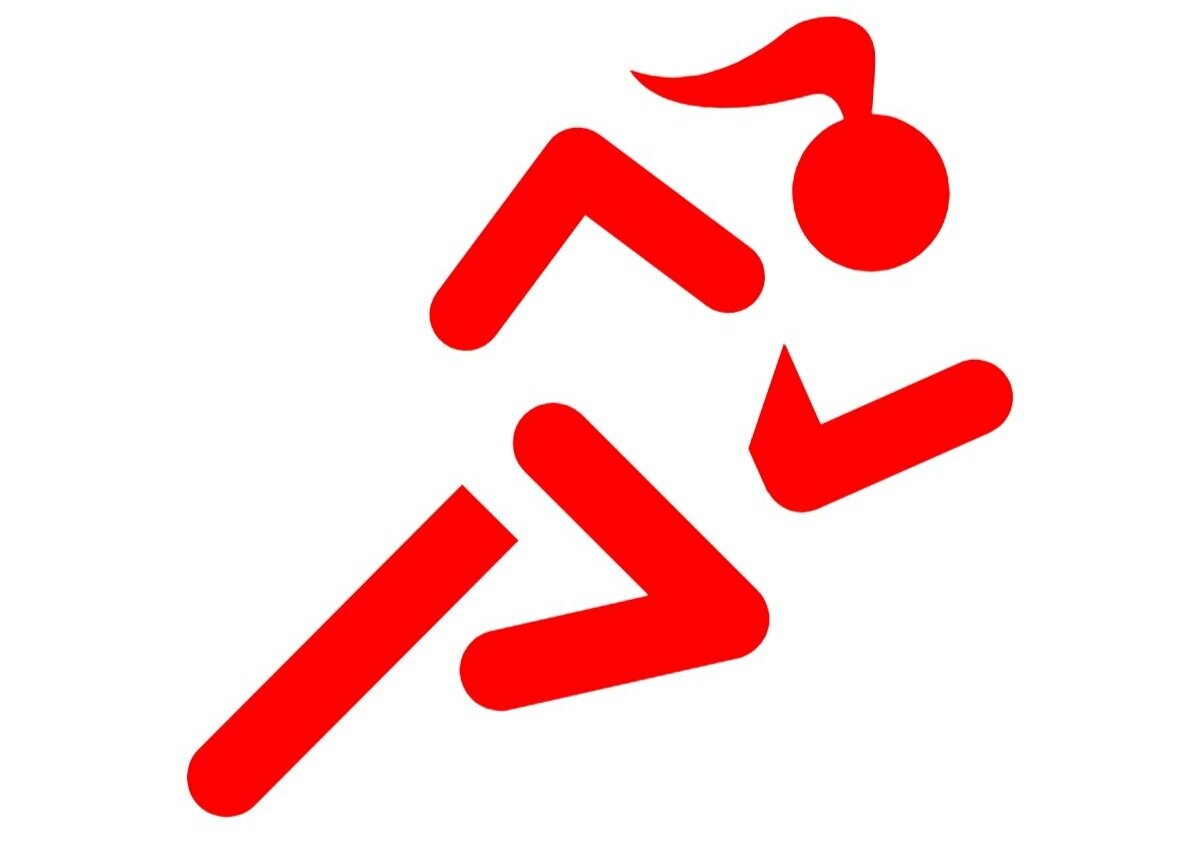Running nutrition (part 1)
It suddenly struck me that I wasn’t feeling great. It was such an effort to lift my legs and it felt like everyone was moving past me.
This is not an ideal situation to be in. At any time. But especially not mid-run. More often than not it can be avoided with good fuelling.
What I’m talking about here is food and drink. Runners can add technical terms to things so you might here people talking about nutrition and fuelling, but to keep thing simple, I’m going to talk about food.
Starting running:
When you’re new to running and adding it into your week – maybe through a beginners programme, couch to 5k or to support other sports and activities – you might not need to change anything about your diet to get you through your runs. There are a few things for you to work out though – how soon after you’ve eaten can you run comfortably. For some people this is immediately, whilst for others it will be 2 – 3 hours.
Are you reaching for the biscuit tin as soon as you get back? This could mean that you haven’t eaten enough before you run. For short running times and distances you should be able to wait until your next meal if it’s within a couple of hours to replenish your energy.
If you are a morning runner, it’s perfectly OK to run before breakfast providing you have eaten a good meal the night before. Try and keep pre-breakfast runs to under an hour and at an easy pace.
Increasing distance:
When you decide you want to step up your running and start increasing time and distance you need to start thinking a little more about food and drink. Before you run make sure you have eaten and are fully hydrated – you’ll notice if you haven’t.
If you are running for more than an hour, it’s advisable to take some food/water with you, or be able to access it on your route. There are plenty of energy products available – gels, sweets, bars – you may have to try them out to find one that works for you. Always check if you need to drink water with them. If you can try to take the portions over a longer period of time, this spreads out the energy boost and helps to avoid a crash.
I’m more of a fan of real food so tend to bring sweets, flapjacks, or bananas with me. Having a little something every 30 minutes makes sure that I keep my energy levels topped up. I’ll take water with me or an electrolyte drink (such as tailwind). This helps to keep your body fluids balanced and make sit easier for you to digest your food, making the energy available sooner.
Whatever your food choice, make sure you don’t leave litter whilst you’re out on your run.
Nutrition is a very personal thing so it may take some time to find out what works for you. By all means ask other people how they fuel their running, but the only way to make it right for you is to try things out. This may lead to some runs that feel disastrous, but if you’ve learnt what not to do that’s one step closer to finding out what is best for your body.
If you’re looking to increase your running distance and want some advice and accountability to help you reach your goal, get in touch to find out how running coaching can help you
